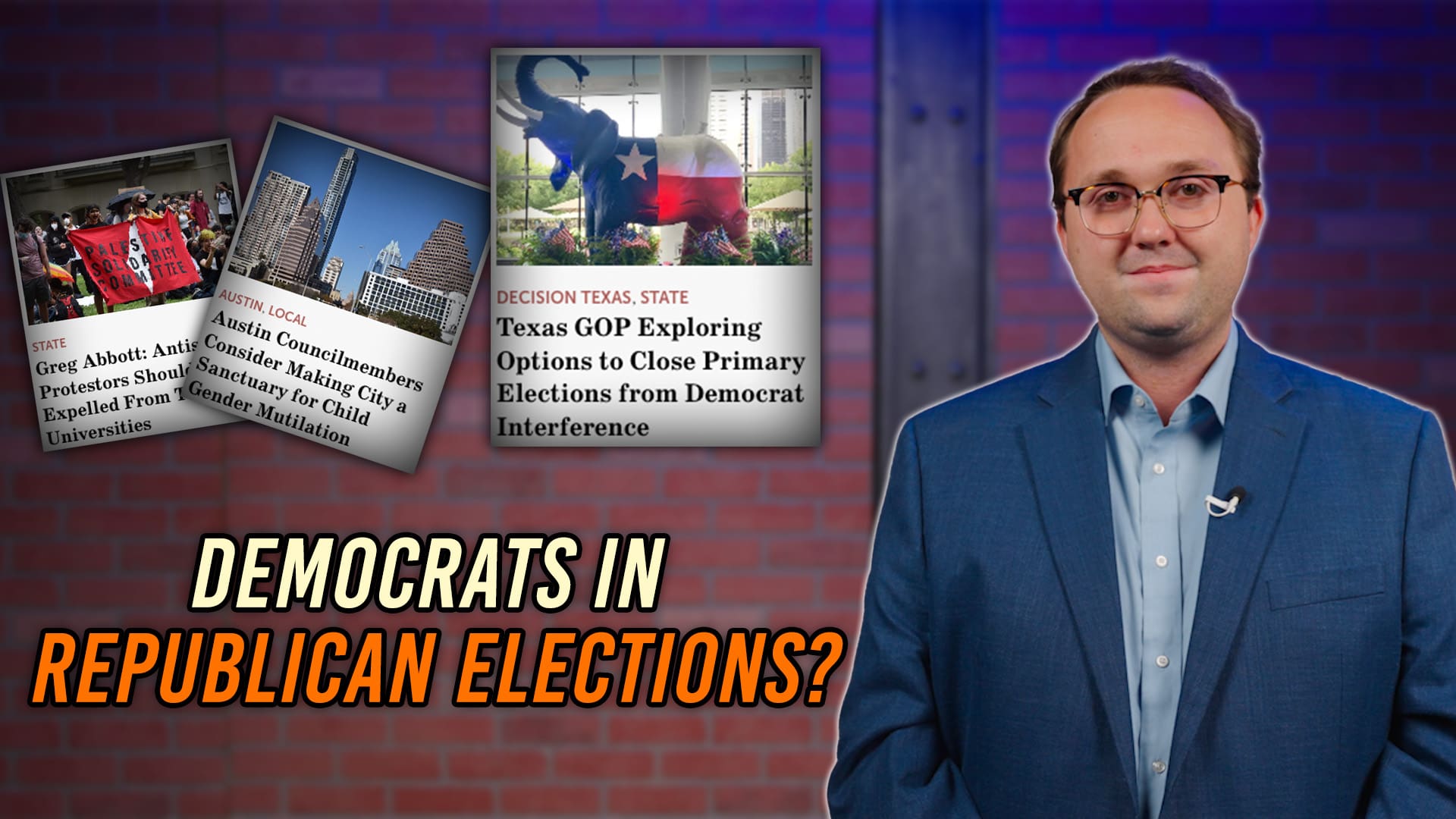You don’t have to drive around San Antonio too long to notice that “Vote No” and “Vote Yes” proposition campaigns are in full swing as we approach November. These San Antonio city propositions have voters asking, “Exactly what are we voting for or against?”
First, there’s Proposition A:
“Shall the City Charter be amended to expand the types of ordinances that may be subject to referendum including appropriation of money, levying a tax, granting a franchise, fixing public utility rates, zoning and rezoning of property; increase the number of days within which a petition may be filed seeking a referendum on an ordinance passed by council from forty to one hundred eighty days after passage of the ordinance; and to provide that no more than twenty thousand signatures of registered voters are required for a referendum petition instead of ten percent of those electors qualified to vote at the last regular municipal election?”
The proposition would make issues such as appropriating money, tax levying, zoning and rezoning subject to referendum. Proposition A would also simplify the referendum process in favor of citizens looking to make a change in San Antonio.
The current required signature count for a referendum is 70,000. If Proposition A were adopted, that threshold would be lowered to 20,000, the amount suggested by the Texas Constitution. The number of days needed to gather signatures would change as well; the allotted time would be drastically expanded from 40 to 180 days.
Perhaps because Proposition A would empower citizens, the city of San Antonio makes no secret about how it would like the vote to go down—using the word “uncertainty” four times in the proposition’s description paragraph.
Next is Proposition B:
“Shall the City Charter be amended to limit the term the City Manager may serve to no longer than eight years, limit the compensation of the City Manager to no more than ten times the annual salary furnished to the lowest paid full-time city employee, and to require a super majority vote to appoint the City Manager?”
Sheryl Scully is the highest paid City Manager in the nation among big cities using the “Council-City Manager” system. On top of her $475,000 salary, a yearly $75,000 bonus is always awarded to Scully. Proposition B would rein in this bureaucratic position in favor of the taxpayers. Again, the city has made its fears of a challenge to bureaucracy public by arguing that paying the City Manager less could result in not being able to attract the best talent for the job.
If the growth of San Antonio is so dependent on how much a city employee is paid, there are some bigger issues in play. The proposition would change the salary to 10 times the lowest paid salary employee, making the new salary about $290,000 according to the latest figures. Growth would still be present but under control.
Finally, we have Proposition C:
“Shall the City Charter be amended to provide the International Association of Firefighters Local 624 with unilateral authority to require the City to participate in binding arbitration of all issues in dispute with the Association within forty-five days of the City’s receipt of the Association’s written arbitration request?”
Proposition C is where most of the rhetoric on the “No” side originates. It can also be difficult to understand, considering the firefighters union and the city have been in a dispute for over five years. Proposition C would bring the City Manager to a binding arbitration in which the arbitrator would be chosen by the firefighters union and the city.
As local activist and former government cost price analyst, Reinette King, told Texas Scorecard:
“They (the arbitrators) must consider the revenue available, the consumer price index, they must consider what other cities pay their firefighters, and they must consider what would be the impact on San Antonio taxpayers, of any arbitration ruling. That would stop the $2 million Sheryl Scully has spent suing the firefighters [union], year after year after year. That would put all that to bed.”
The challenge facing both “Vote No/Yes” campaigns is the fact that all three propositions are being pushed as a group. The San Antonio Chamber of Commerce has accused the firefighters union of ulterior motives. If citizens believe this, what says they should oppose a fiscally responsible salary for the City Manager or a referendum process that vests more power to the citizens? The city establishment is vehemently opposed to the “Vote Yes” campaign.




